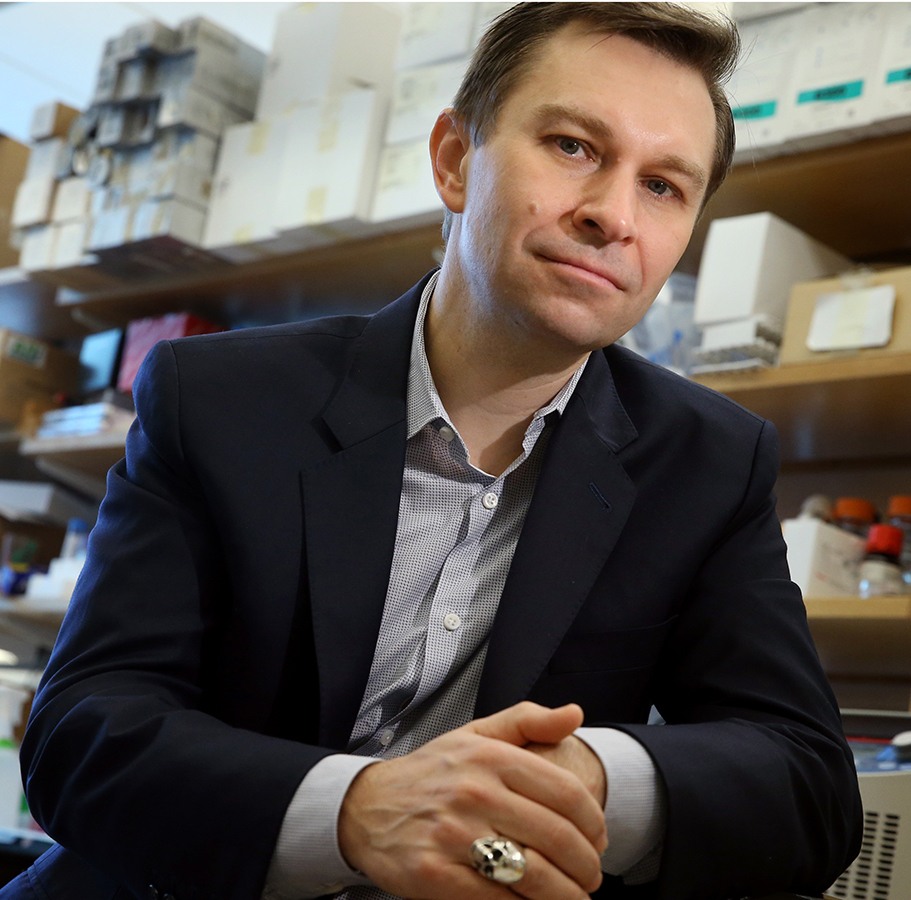- Joined
- Dec 18, 2015
- Messages
- 3,216
- Reaction score
- 4,930
In the NEJM... CRISPR treatment of a man's HIV and his "cancer," an ALL. Cancer has been and always will be an aberration in host DNA. XRT (and traditional chemo to some extent) doubles down on this to make (part of) the host's DNA so aberrant the cells go from relative immortality to zero chance of multi-generational replicative ability. Or, at least in the case of long-term cure this is thought to happen. I always say, "Radiation was the first genetic therapy," but I never really see that exact turn-of-phrase anywhere else. I haven't had to study for a radiation oncology "cancer biology" exam in my life so I don't really know if CRIPSR could theoretically cure real cancer. Maybe someone else could weigh in with his/her two cents. This is supposedly "quite an historical moment."
Last edited:

